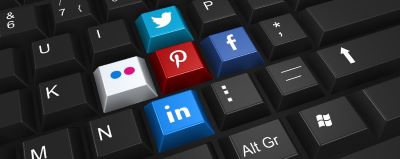It has often been suggested to me to keep a journal — because words written on paper somehow have special significance. They are more meaningful…more tangible. But I love the creativity of digital spaces. The stories I can tell here, through imagery and interconnections, are no less poignant or passionate. In this virtual world, my medium becomes multi-media. …
As I am writing this post, I have a sense that every word I type is entering, not a black hole, but rather an internet galaxy of trillions of gigabytes (correction, zettabytes) of other words and images. And rather than entering what used to be deemed as a mysterious cyberspace, my words are now searchable, indexable, and can even be claimed and named by another person altogether. . .
This is not intended as a teetotaler response; rather it is suggesting that we teach internet users to “drink responsibly” while online. . . To Paul Miller, reflecting back on his year offline in his article in The Verge [May 1, 2013), “I’m still here: back online after a year without the internet,” the have or have not of the internet became a relational issue, and that it still is. The internet is simultaneously the hero and the villain. . .
As we continue our conversation about the use of social media for social change, we come to design thinker, Tristan Harris, whose tagline states that he “helps the technology industry more consciously and ethically shape the human spirit and human potential.” In his TedTalk, “How a handful of tech companies control billions of minds every day” (April 2017), Harris . . .


